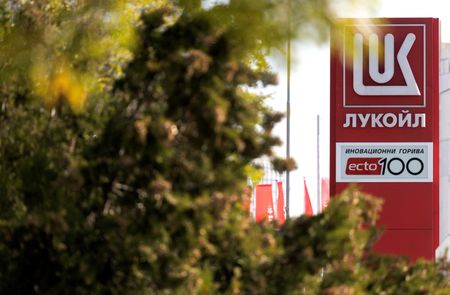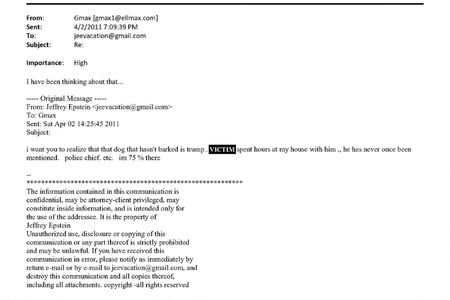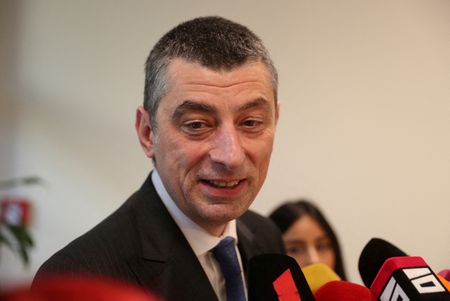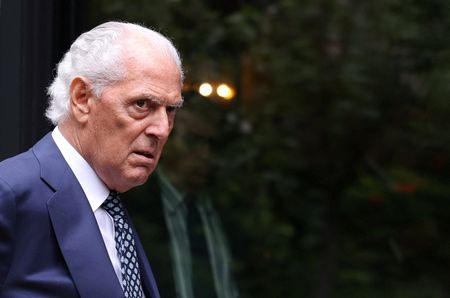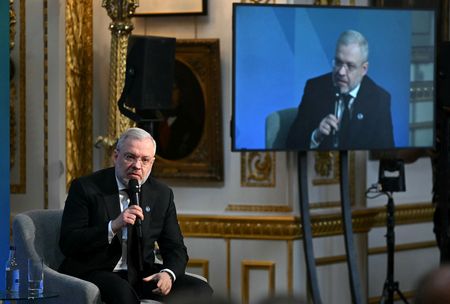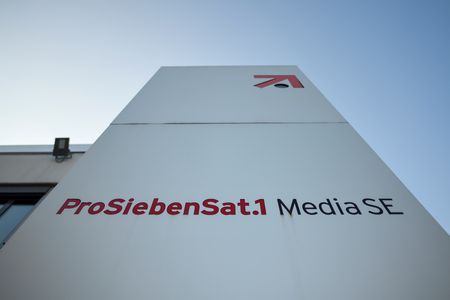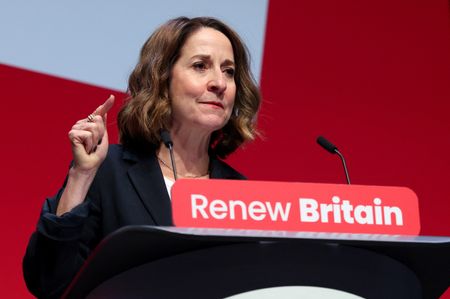SOFIA (Reuters) -Bulgaria’s President Rumen Radev on Wednesday vetoed legal changes that would allow the government to seize control of Lukoil’s Burgas oil refinery and sell it to protect the plant from the impact of U.S. sanctions.
Radev returned the legislation to parliament for further discussion, saying the changes failed to provide protection against future financial claims against the state, violated Bulgaria’s constitution and posed a risk to public finances.
Parliament adopted the legal changes last Friday, expanding the powers of a special commercial manager appointed by the government who will be able to oversee the continued operation of Lukoil’s refinery in Bulgaria beyond November 21, when the U.S. sanctions are due to take effect, and to sell the company.
“The scope of application of the law has been expanded unjustifiably and dangerously,” Radev said in a statement, adding that guarantees designed to reduce the risk of future claims against the state had been scrapped without reason.
In Bulgaria, however, the president is a largely ceremonial figure and parliament can override his veto.
The U.S. and Britain last month imposed sanctions on Lukoil and Rosneft, Russia’s two biggest oil companies, over Moscow’s war in Ukraine, threatening their operations that still sprawl across Europe.
BULGARIA HAS REQUESTED SANCTIONS EXEMPTION FROM US BODY
Bulgarian Energy Minister Zhecho Stankov told parliament on Wednesday that Sofia had requested a sanctions exemption from the U.S. Office of Foreign Assets Control (OFAC) on October 27. He provided no further details on that issue.
Stankov also said a key task of the new state-appointed manager would be to organise round-the-clock monitoring to prevent funds from subsidiaries being directed to the sanctioned companies.
The U.S. sanctions have raised concerns about fuel supplies ahead of winter in Bulgaria, where Lukoil runs the Burgas refinery, a key part of the company’s foreign business empire, and hundreds of petrol stations.
Stankov said the security of fuel supplies for household consumers was guaranteed and that Bulgaria holds six-month reserves of petrol, four-month reserves of diesel and two-month reserves of aviation fuel in its storages.
He said the U.S. sanctions would directly hit four Bulgarian companies – Lukoil Neftochim Burgas, Lukoil Bulgaria, Lukoil Aviation Bulgaria and Lukoil Bulgaria Bunker – following the suspension of banking services after November 21.
(Reporting by Stoyan Nenov and Daria Sito-SucicEditing by Gareth Jones)

